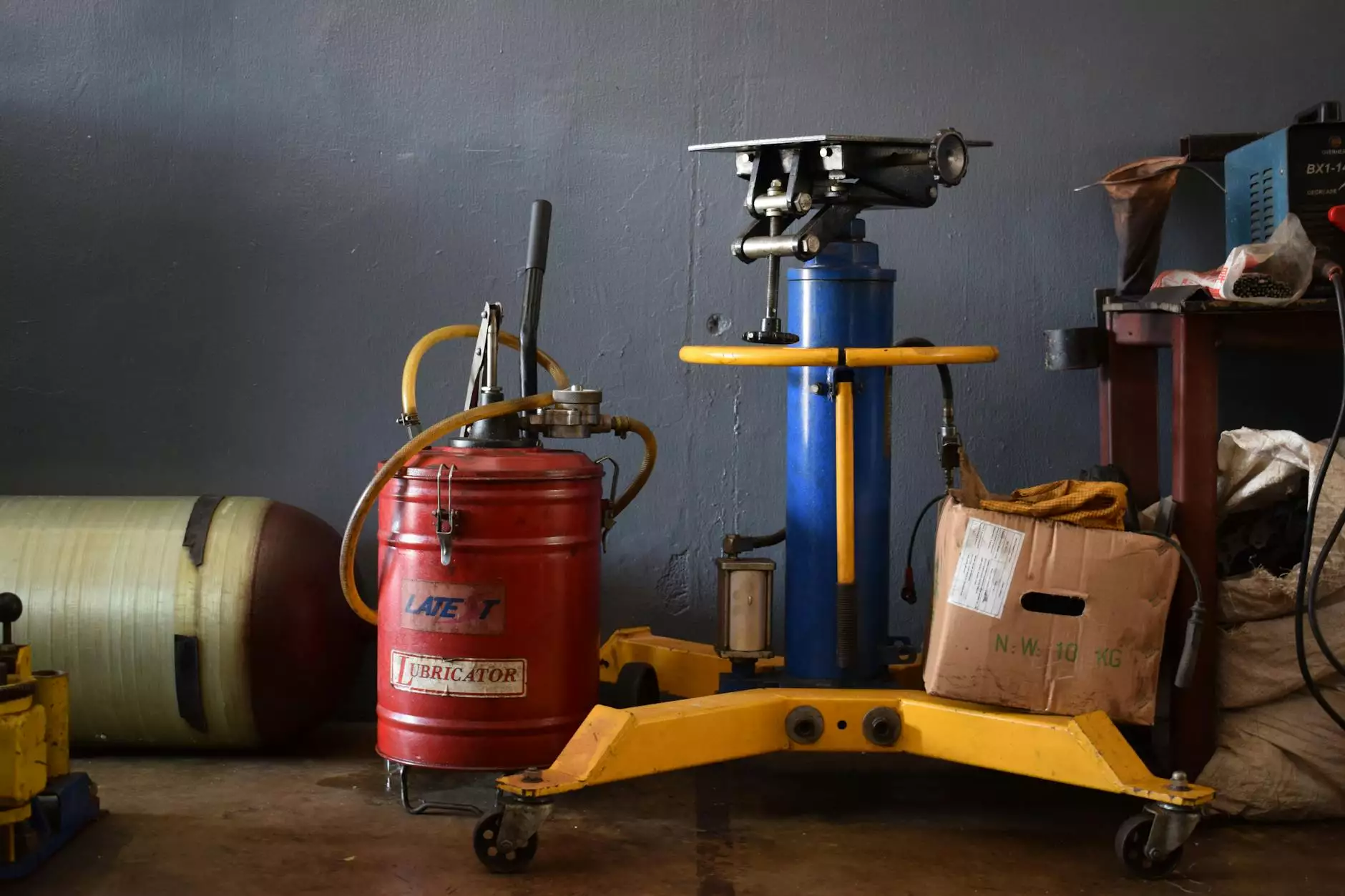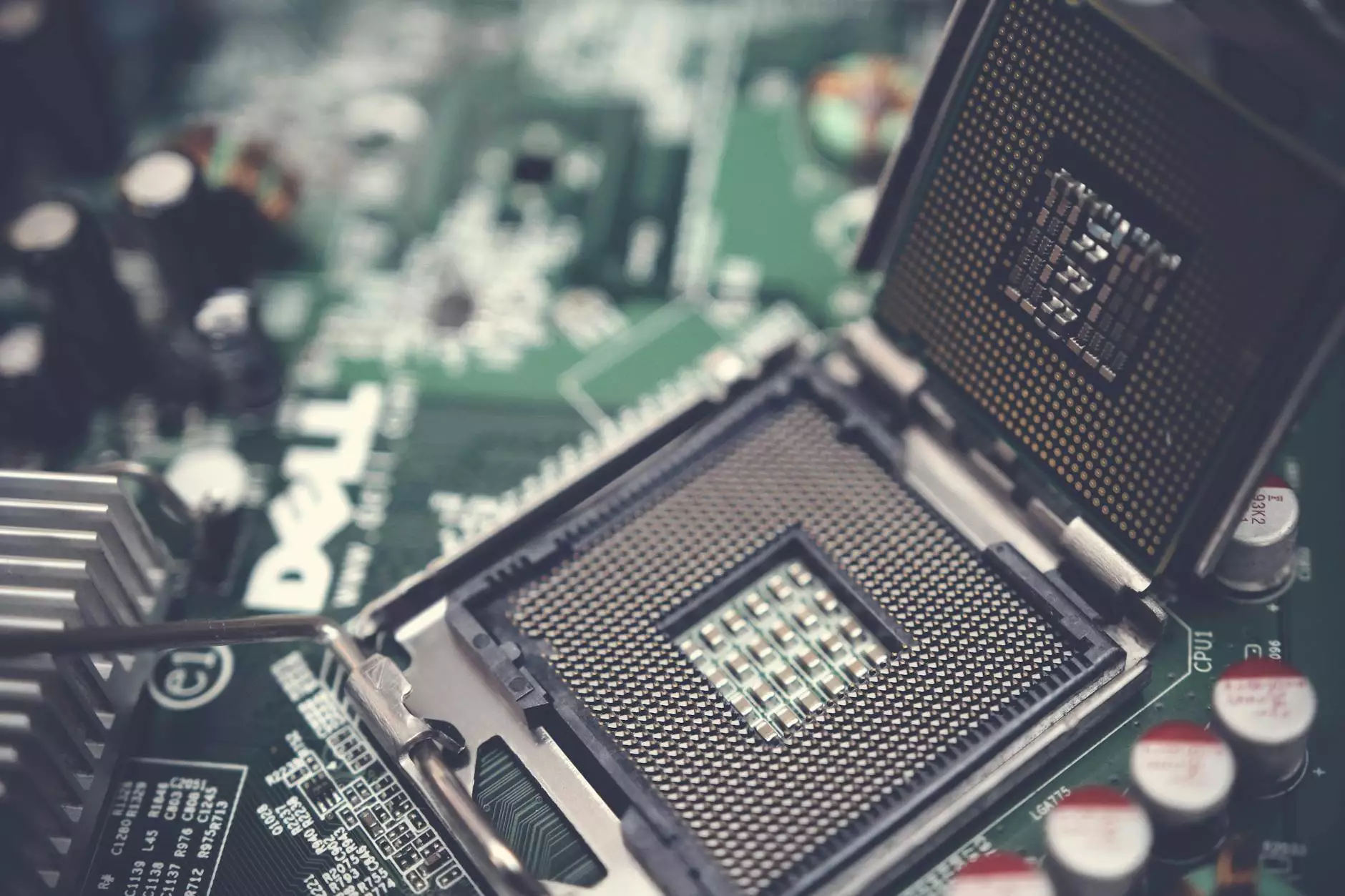Understanding Precision Molding Companies

In today's fast-paced manufacturing environment, the role of precision molding companies is more critical than ever. These companies specialize in creating highly accurate and intricately designed parts that meet the stringent requirements of various industries. From automotive to aerospace, precision molding is the backbone that supports the innovation and functionality we rely on every day.
What is Precision Molding?
Precision molding is a manufacturing process that involves shaping material—typically plastic, rubber, or metal—into specific forms using molds. This technique allows for high levels of accuracy and repeatability, making it ideal for applications where tolerances are tight and quality is paramount. It encompasses several methods, including:
- Injection Molding: A process where molten material is injected into a mold to create complex shapes.
- Blow Molding: This is used primarily for hollow parts, where air is blown into a mold filled with heated plastic.
- Compression Molding: The material is placed in an open mold and then heated and pressed to form the desired shape.
- Thermoforming: Involves heating a plastic sheet until it becomes pliable and then forming it over a mold.
The Importance of Precision in Molding
The significance of precision in molding cannot be understated. Industries require components that fit, function, and last. Any deviation from the specified design can lead to catastrophic failures, waste, and financial losses. Thus, precision molding companies deploy sophisticated technologies and quality control processes to ensure that every part produced meets the exact specifications. Some of the benefits include:
- Enhanced Product Quality: Consistent dimensions lead to better product performance.
- Cost Efficiency: Higher accuracy means less material waste and lower production costs.
- Time Savings: Rapid prototyping and manufacturing shorten the time from concept to market.
- Versatile Applications: Catering to multiple industries, including medical, consumer goods, and electronics.
Key Technologies in Precision Molding
To achieve the high standards required in precision molding, companies invest in advanced technologies. These include:
1. Computer Numerical Control (CNC) Machining
CNC machining plays a vital role in creating molds with an unparalleled level of precision. By using computer-controlled tools, manufacturers can produce intricate mold designs that would be impossible to achieve manually.
2. 3D Printing
Rapid prototyping via 3D printing allows precision molding companies to create molds quickly and efficiently. This technology enables manufacturers to test designs before proceeding to full-scale production, significantly reducing lead times.
3. Advanced Software Solutions
Many precision molding companies use sophisticated modeling software to design molds and simulate the molding process. This helps in predicting potential issues and making necessary adjustments before physical production begins.
Choosing the Right Precision Molding Company
Selecting the best precision molding company is crucial for the success of any manufacturing project. Here are key factors to consider:
- Experience and Expertise: Look for companies with a proven track record in your industry.
- Quality Assurance: Choose a company that employs rigorous quality control measures.
- Customization Capabilities: Ensure they can tailor their services to meet your unique specifications.
- Technological Innovation: A commitment to using the latest technologies can result in better quality and efficiency.
- Customer Service: Good communication and support are essential for a successful partnership.
The Future of Precision Molding
As industries continue to evolve, so too do the practices and technologies surrounding precision molding. The future is being shaped by several trends:
- Increased Automation: Robotics are becoming more common in the molding process, improving efficiency and precision.
- Sustainability Practices: There is a growing focus on using recyclable materials and environmentally friendly processes.
- Integration with IoT: The Internet of Things (IoT) is paving the way for smarter manufacturing processes, with real-time monitoring and data collection.
Case Studies: Success Stories in Precision Molding
Examining real-world applications of precision molding can highlight the benefits it brings to various fields. Here are a couple of noteworthy examples:
1. Aerospace Industry
In the aerospace sector, companies rely heavily on precision molded components for safety-critical systems. For instance, detailed window frames and enhanced engine parts produced through precision molding have led to improved aerodynamics and fuel efficiency.
2. Medical Devices
The medical industry demands exceptionally high standards. Precision molding companies producing components for surgical instruments and implantable devices must adhere to strict regulations, ensuring that each product is safe, effective, and reliable.
Conclusion: Why DeepMould.net Stands Out
If you are searching for a reliable precision molding company, look no further than DeepMould.net. With years of experience, cutting-edge technology, and a focus on customer satisfaction, we are committed to delivering high-quality molded components tailored to your specifications.
Our commitment to excellence and continuous improvement means that you can trust us to meet your precision molding needs. Partnering with DeepMould.net will not only enhance your product quality but also streamline your manufacturing process, saving you time and money.
Explore the possibilities with precision molding today; contact us for more information on how we can help you achieve your manufacturing goals.









